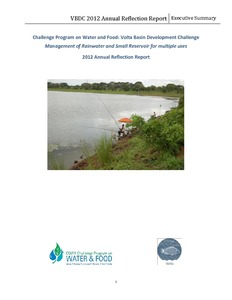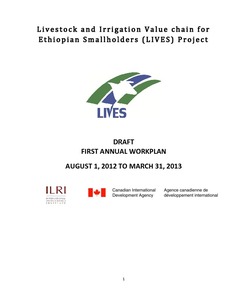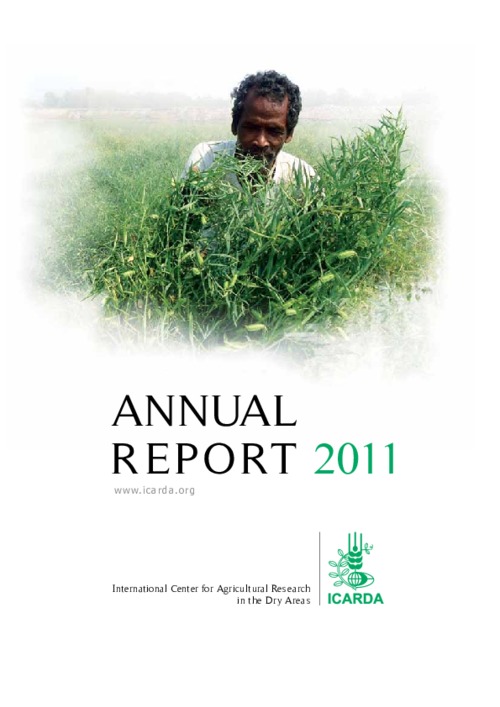Investing in Drought Preparedness
Drought is a normal part of climate for
virtually every country. This paper notes that in response,
a risk-based management approach is more cost effective
because it emphasizes improved monitoring and early warning
systems; development of strong decision-support systems;
identification and implementation of mitigation actions;
education and training of policy makers, natural resources
managers, and the public; and drought mitigation plans that





